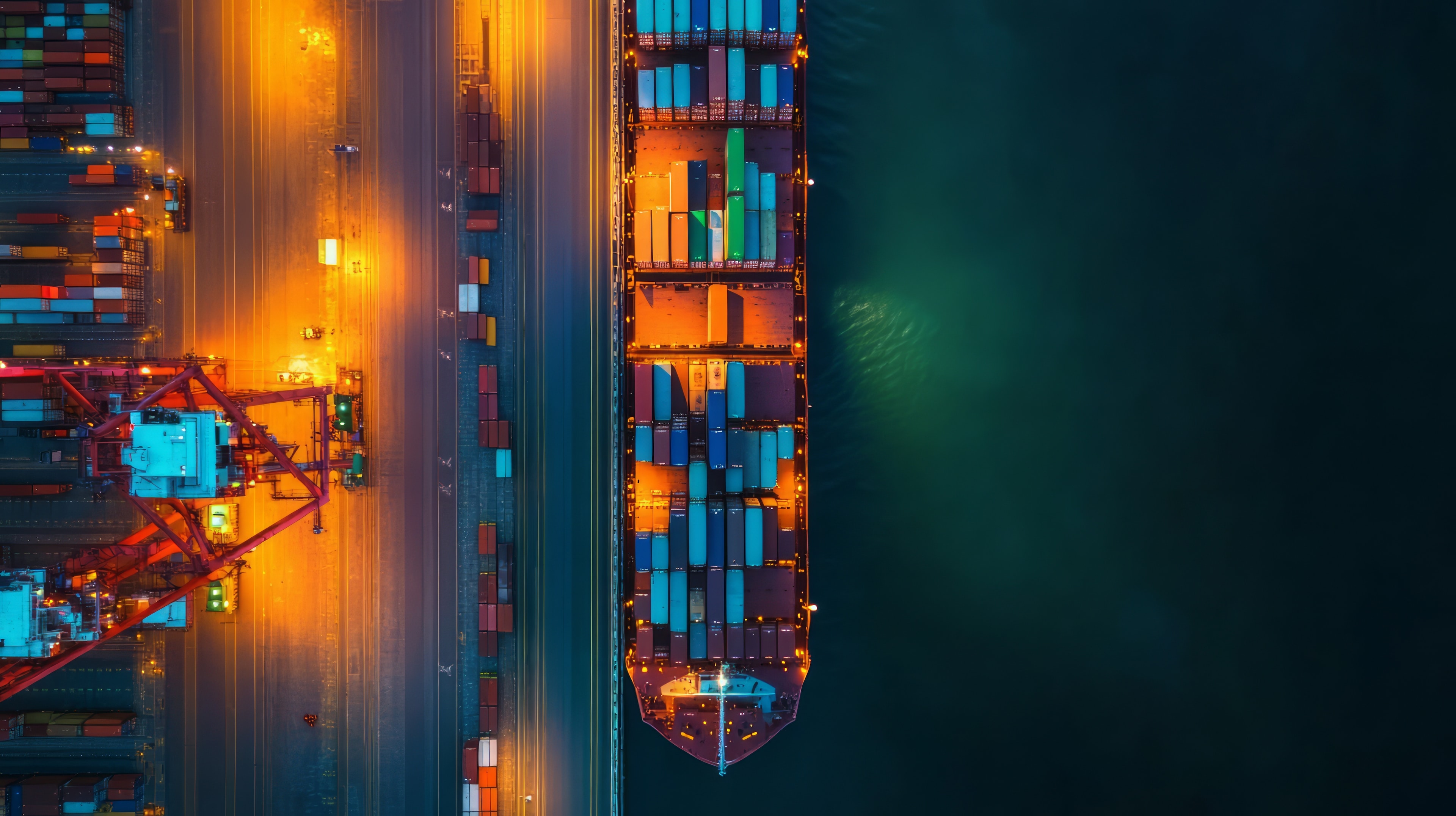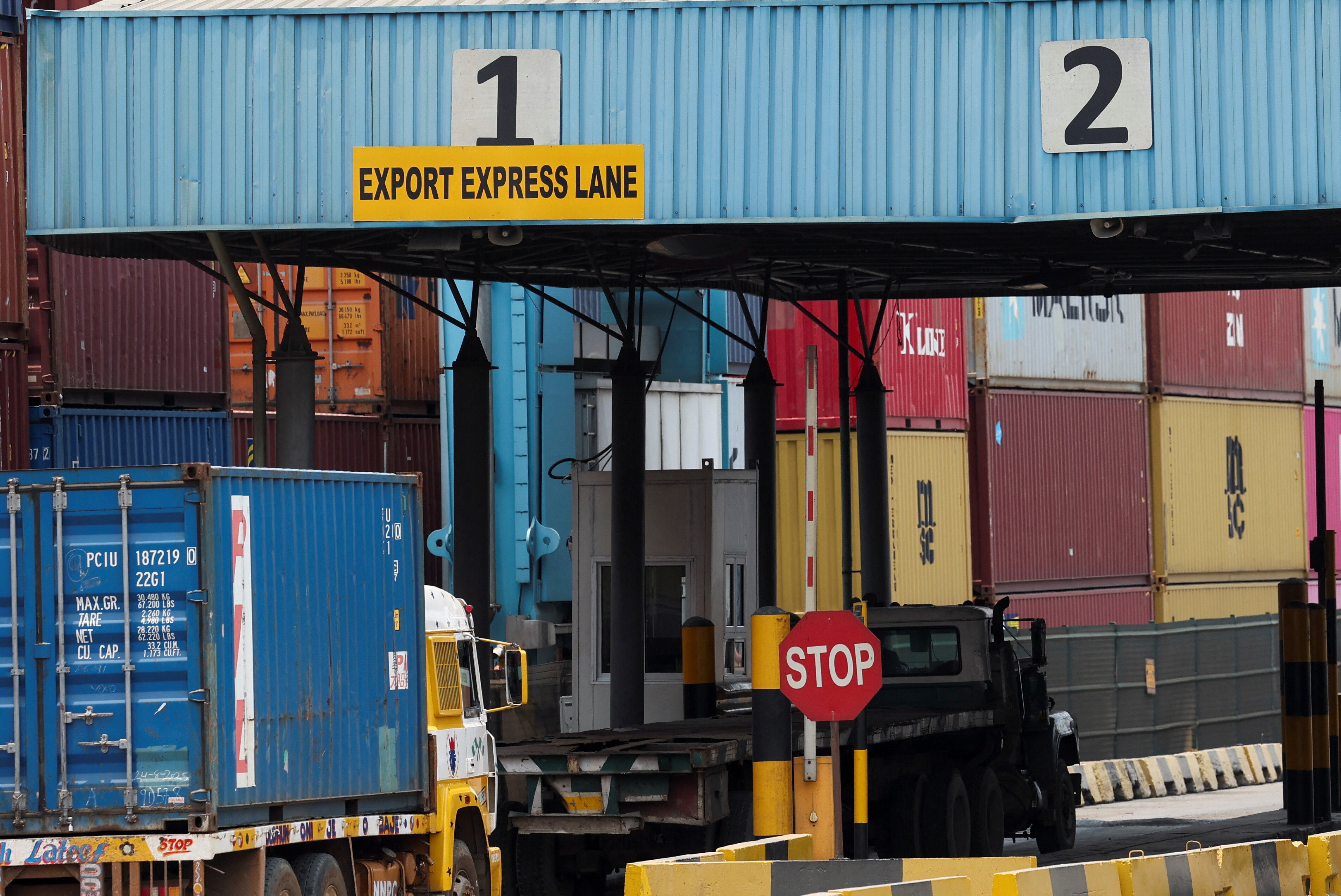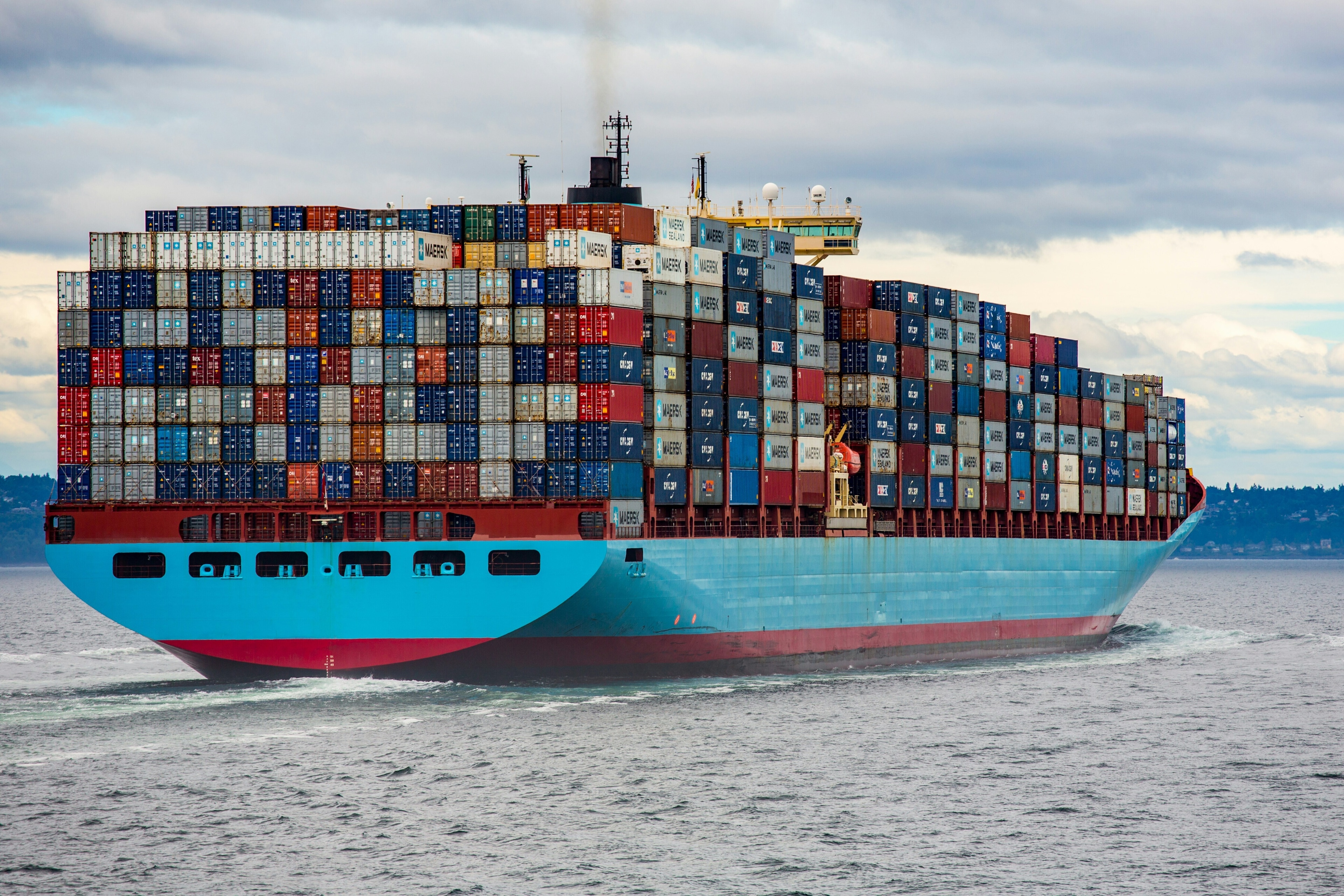World trade volumes fall for first time since financial crisis
The current slowdown has increased the risk one more major shock or policy error will push the global economy from sluggish expansion into outright recession.
Image: REUTERS/Lindsey Wasson
Stay up to date:
Inclusive Growth Framework
World trade volumes are falling for the first time since the end of the financial crisis in a sign the global economy is only one more major shock away from recession.
Trade volumes in the three months between December and February were down 0.8 percent compared with the same period a year earlier, according to the Netherlands Bureau of Economic Policy Analysis (CPB).
Trade is retreating for the first time since the fourth quarter of 2009, when the economy was still being buffeted by aftershocks from the financial crisis (“World trade monitor”, CPB, April 25).
South Korea’s KOSPI-100 equity index, dominated by companies heavily exposed to trade, has been signalling a severe slowdown for almost a year now.
Hong Kong’s International Airport, the world’s busiest air cargo hub, reported volumes were down more than 5 percent year-on-year in the first three months of 2019.
And containers handled through the U.S. Port of Long Beach, one of the major transhipment hubs for goods between the United States and Asia, were down more than 7 percent in the first quarter.
Inside the United States, truck freight growth slowed, and rail freight fell, in the three months from December through February compared with the same period a year earlier.
Around the world, manufacturers have reported that export orders have been falling for seven months in a row, the longest slowdown since 2012, according to the JPMorgan global purchasing managers’ survey.
On the brink
So far, the loss of momentum has been felt most strongly in manufacturing and transportation, sectors with heavy international exposure, rather than in more domestically focused services.
Bellwethers including 3M Company (diversified manufacturing), Intel (chip manufacturing), Bombardier (rail and aircraft) and UPS (distribution services) all downgraded their outlooks for 2019 on Thursday.
Rising interest rates, an appreciating dollar and the escalation of oil prices during 2017 and the first part of 2018 all combined to slow the expansion.
But policymakers made the slowdown worse by sowing business uncertainty with the proliferation of tariffs, sanctions and national-security related investment restrictions.
The extended shutdown of parts of the U.S. federal government and Britain’s botched Brexit process added to the confusion and uncertainty among businesses.
The result has been a hesitation to make risky long-term commitments and a slowdown in capital investment which is now weighing on global growth.
The economy is best thought of as a complex system in which positive and negative feedback mechanisms produce oscillations in the rate of expansion (ranging from boom, to steady growth, weak growth and recession).
Expansions are characterised by strong positive feedback mechanisms, which ensure once they get going they develop considerable internal momentum (growth fuels more growth).
Momentum also helps inoculate the economy against shocks and makes it more likely to weather them without switching into a recession phase.
But as the economy’s internal momentum fades, the risk of the system undergoing a phase-change from expansion to contraction increases.
The current slowdown has increased the risk one more major shock or policy error will push the global economy from sluggish expansion into outright recession.
Recent increases in major equity indices around the world and the very slight steepening of the U.S. Treasury yield curve suggest investors think the global economy will narrowly avert a recession this year.
Investors are betting continued strength in consumer spending and domestically insulated services sectors may be enough to offset weakness in business investment, manufacturing and trade.
But the global economy has come uncomfortably close to stalling.
For the expansion to continue, everything must now go right, including steady financial conditions, improved business confidence, appropriate fiscal and monetary policy, stable oil prices and pro-growth trade policy.
There is not much room for error.
Don't miss any update on this topic
Create a free account and access your personalized content collection with our latest publications and analyses.
License and Republishing
World Economic Forum articles may be republished in accordance with the Creative Commons Attribution-NonCommercial-NoDerivatives 4.0 International Public License, and in accordance with our Terms of Use.
The views expressed in this article are those of the author alone and not the World Economic Forum.
Forum Stories newsletter
Bringing you weekly curated insights and analysis on the global issues that matter.
More on Trade and InvestmentSee all
Mekhla Jha
September 15, 2025
Kimberley Botwright and Stijn Van Doorn
September 15, 2025
Nagendra Bandaru
September 8, 2025







